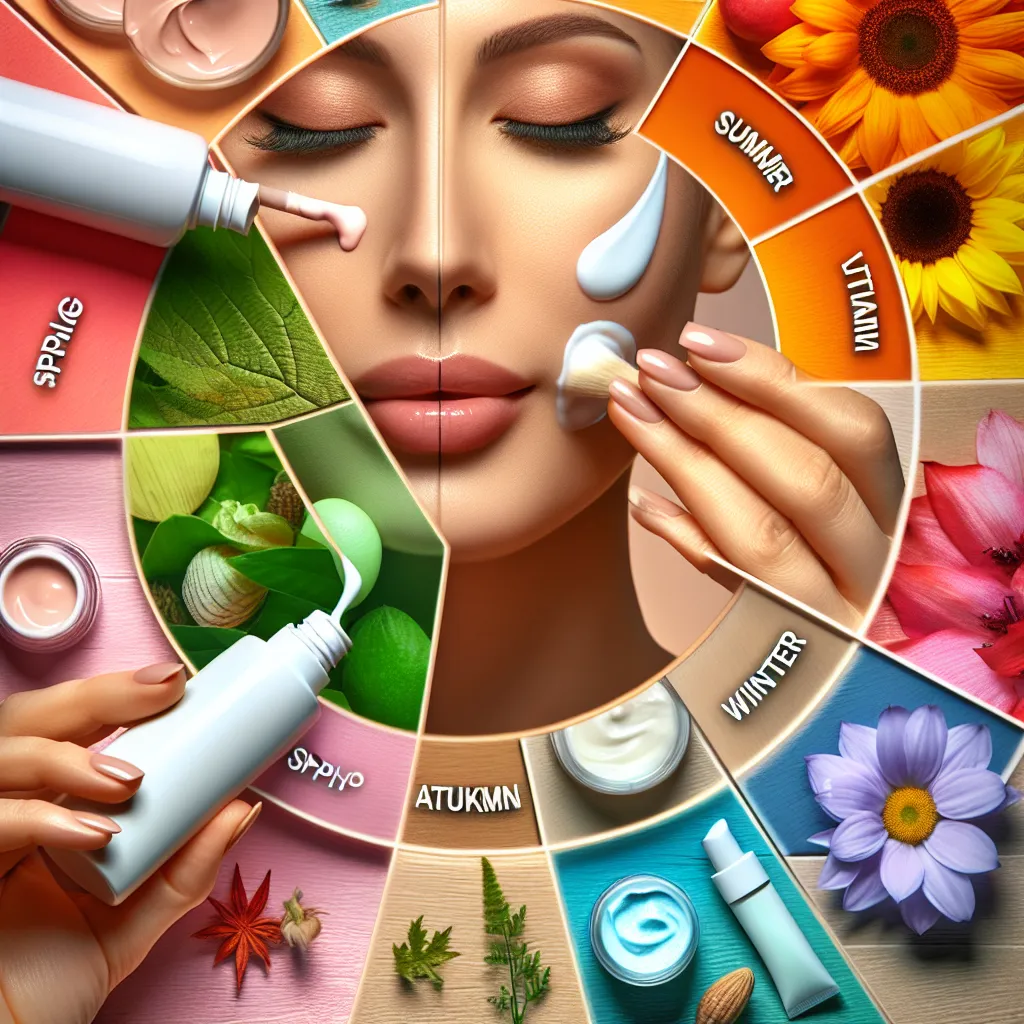Understanding Acne-Prone Skin: Causes and Triggers
Understanding acne-prone skin is crucial for developing an effective skincare routine to manage and prevent breakouts. Acne-prone skin is often characterized by excess oil production, clogged pores, and inflammation, leading to the development of pimples, blackheads, and cysts. Several factors contribute to the development of acne, including genetics, hormonal fluctuations, poor skincare habits, diet, stress, and environmental factors.
Excessive sebum production, or oil, can lead to clogged pores, creating an ideal environment for the proliferation of acne-causing bacteria. Hormonal changes, particularly during puberty, menstruation, pregnancy, or due to a medical condition, can also contribute to the development of acne by increasing sebum production. Poor skincare habits, such as using harsh products that strip the skin of its natural oils, can disrupt the skin’s balance and trigger increased oil production as the skin tries to compensate.
Dietary factors, such as consuming high-glycemic foods or dairy products, have been linked to acne flare-ups in some individuals. Additionally, stress can exacerbate acne by increasing inflammation and oil production, while environmental factors like pollution and humidity can also contribute to clogged pores and breakouts.
By understanding these causes and triggers of acne-prone skin, individuals can tailor their skincare routine to address these specific issues, leading to clearer, healthier skin. This may include using non-comedogenic and gentle skincare products, maintaining a balanced diet, managing stress levels, and protecting the skin from environmental aggressors. Developing a well-informed skincare routine is essential for managing acne-prone skin effectively.
Choosing the Right Products: Ingredients to Look for and Avoid
When it comes to creating the best skincare routine for acne-prone skin, choosing the right products is crucial. Understanding the ingredients to look for and avoid can make a significant difference in managing acne and preventing future breakouts.
First and foremost, individuals with acne-prone skin should opt for products that contain non-comedogenic ingredients. These ingredients are formulated to not clog pores, which is essential for preventing the buildup of sebum and reducing the risk of acne. Some key non-comedogenic ingredients to look for include hyaluronic acid, salicylic acid, and benzoyl peroxide.
Additionally, individuals with acne-prone skin should avoid products that contain heavy oils, artificial fragrances, and alcohol. These ingredients can exacerbate acne and cause irritation, making it crucial to carefully read product labels before purchasing. Instead, seek out products that feature calming and hydrating ingredients such as aloe vera, green tea extract, and niacinamide.
In conclusion, selecting the right skincare products for acne-prone skin involves a careful consideration of ingredients. By choosing non-comedogenic ingredients while avoiding pore-clogging substances, individuals can effectively manage acne and promote clearer, healthier skin.
Day and Night Skincare Routine for Acne-Prone Skin
Developing a skincare routine tailored specifically for acne-prone skin is crucial in achieving clearer and healthier skin. A well-planned day and night skincare routine can make a significant difference in managing acne breakouts and preventing future blemishes.
When it comes to daytime skincare for acne-prone skin, it’s essential to start with a gentle cleanser that effectively removes excess oil and impurities without stripping the skin of its natural moisture. Look for cleansers containing salicylic acid or benzoyl peroxide, as these ingredients can help unclog pores and reduce acne-causing bacteria.
Following cleansing, apply a lightweight, non-comedogenic moisturizer with SPF to protect the skin from harmful UV rays. It’s crucial to choose a sunscreen specifically labeled as “non-comedogenic” to avoid clogging the pores and exacerbating acne. Additionally, incorporating a spot treatment with benzoyl peroxide or tea tree oil can help target existing blemishes throughout the day.
As part of the nighttime skincare routine for acne-prone skin, begin with a thorough yet gentle cleansing to remove makeup, dirt, and excess oil accumulated throughout the day. Consider using a cleanser with glycolic acid or lactic acid to exfoliate and unclog pores effectively. Following cleansing, use an oil-free, non-comedogenic moisturizer to keep the skin hydrated without exacerbating acne.
Incorporating a targeted treatment like retinol or prescription-strength retinoids can aid in preventing clogged pores and reducing acne inflammation. However, it’s crucial to introduce retinoids gradually to minimize irritation and peeling. Additionally, integrating a weekly clay mask or exfoliating treatment can help in deep cleansing and refining the skin’s texture.
Establishing a comprehensive day and night skincare routine for acne-prone skin, customized with products containing acne-fighting ingredients and gentle formulations, can lead to visible improvements in managing acne breakouts and promoting a clearer complexion in the long run.
Lifestyle Tips: How Diet and Stress Affect Acne
When it comes to managing acne-prone skin, a holistic approach that includes lifestyle modifications can be incredibly beneficial. Two key factors that play a significant role in the development and exacerbation of acne are diet and stress. Making thoughtful choices in these areas can have a positive impact on the overall condition of the skin.
Firstly, adopting a diet rich in fruits, vegetables, lean proteins, and healthy fats can contribute to an improvement in skin health. Foods high in sugar and processed ingredients may lead to heightened inflammation, potentially triggering acne flare-ups. It’s important to stay hydrated by drinking plenty of water and to consider incorporating skin-friendly nutrients such as vitamin A, vitamin E, and omega-3 fatty acids into your diet. These can be found in foods like carrots, almonds, and salmon, respectively. Additionally, some individuals may find dairy and high-glycemic foods to be culprits in their acne struggles, so paying attention to how your body responds to different foods is crucial in managing acne through diet.
Secondly, stress management is paramount for those with acne-prone skin. Studies have shown that stress can lead to an increase in sebum production, which in turn can contribute to clogged pores and acne. Finding healthy outlets for stress reduction, such as regular exercise, mindfulness practices, and adequate sleep, can be instrumental in maintaining clear skin. Incorporating these self-care practices into your routine can help mitigate the effects of stress on your skin.
By being mindful of dietary choices and actively managing stress levels, individuals with acne-prone skin can positively influence their skin’s condition. While these lifestyle adjustments are not a guaranteed cure for acne, they can certainly play a supportive role in conjunction with a well-rounded skincare routine.




